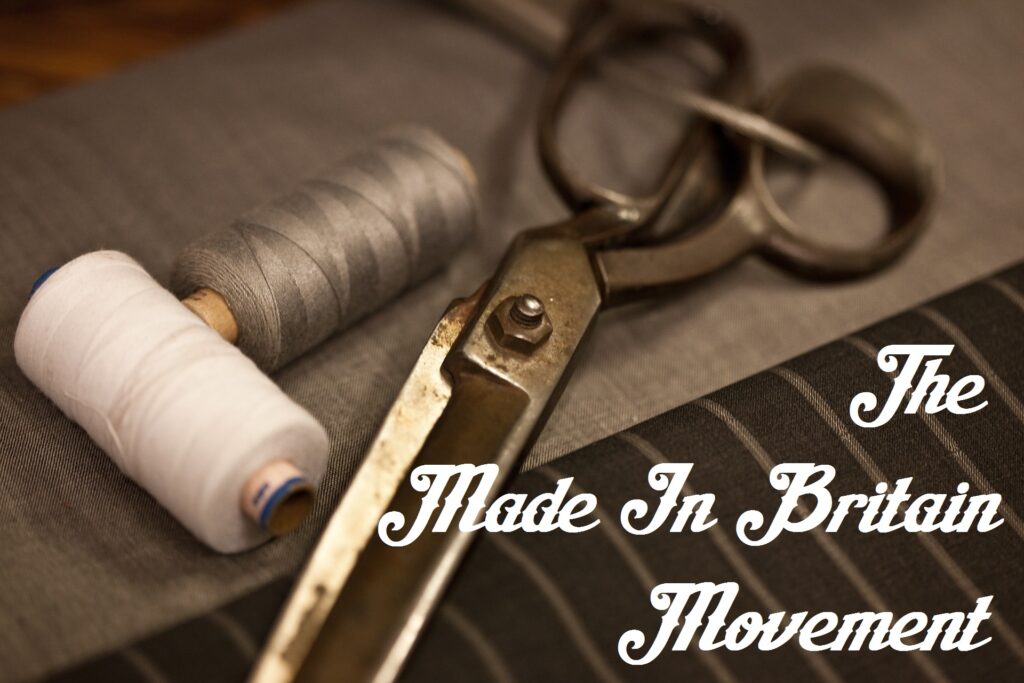Regardless of our decision to leave the EU, demand for ‘Made in Britain’ products continue to soar.The manufacturing output data might have looked a little gloomy in July, but Britain’s textiles industry is slowly making a comeback.
Britain is now the 15th largest textile maker in the world, with exports of yarn, fabric and clothing growing by 40% in 2010-15. When asked by Drapers the Fashion business magazine, producers reported a 70% increase in enquiries over the last 18 months and have been up by 60% in 2016.
So, why is Britain a desirable destination for textiles all of a sudden?
Well British goods are and have always been synonymous with quality. As the wealth of emerging market economies such as china grows, so does their taste for luxury goods and this has been a great for some of the Britain’s top brands.
However, as of late demand has also grown at home. Consumers are becoming much more concerned about how ethical their purchases are and since the Slavery Act was introduced in 2015, retailers and manufacturers have been forced to reassess their processes.
In addition to this, by buying British products, British firms have easier access to the factory, better communication with those making the products, greater control over quality and speedier delivery times. With ‘fast fashion’, it is also much quicker for firms like ASOS to beat their competitors to the trends.
Hoping that this revival of the British textiles industry continues, the first cotton mill in the UK for 30 years will open in Manchester. English fine cottons will be the only spinner in the UK after a £5.8 million project, which is likely to create 120 jobs. Marks and Spencer and Burberry are among the retailers that have already expressed an interest.
A report by Alliance has forecast that by 2020 the UK textile sector can create 20,000 jobs worth £9bn to the economy as production is restored.
The sector isn’t without it’s issues though, as some producers almost cannot cope with demand. The main reason for this is due to the lack of skills available in the UK. There are plenty of young people wanting to become fashion designers and are successful at this, but not so many want to actually make them. Historically, it is seen as a low paid job, with poor working conditions and not so attractive to younger generations.
The industry needs government support with changing its perception and promotion within schools and colleges. Although it’s not only the lack of skilled workforce that the industry needs government support with. Currently it can take as long as 5 months for textiles businesses to be paid, which the government can change.
If it can overcome these obstacles, leaving the EU could be a great opportunity for the British textiles industry. If you are a manufacturing firm looking for the right financial advice, then please call us on 0121 559 1071 or email us on partner@ergrove.co.uk for a chat with one of our specialists.




